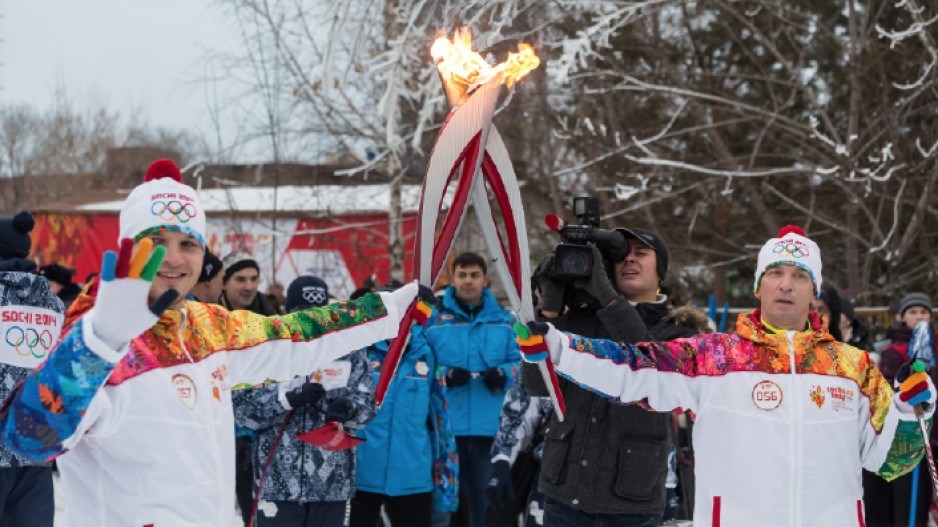For the CEO of amateur sport agency ViaSport British Columbia, a 26-year Winter Olympics streak is over.
“I’ll be watching [Sochi 2014] from the comfort of my office and my home,” Cathy Priestner Allinger, the ex-VANOC sports czar, told Business in Vancouver.
The two-time Canadian Olympian competed in speedskating at Sapporo 1972 and Innsbruck 1976, where she won silver. She took a break from her job as Calgary Olympic Oval manager to carry the Olympic flame at the 1988 opening ceremony and worked her way through the CBC and CTV broadcast booth to become a high-ranking “Games gypsy.” The Salt Lake 2002 managing director of sport moved on to Turin 2006 as the managing director of Games operations and finally Vancouver 2010, where she was executive vice-president of sport, a department that spent $288 million.
Priestner Allinger will be following closely the performance of two nations from afar. She was lead author 10 years ago of Canada’s Own the Podium strategy, which resulted in a host record 14 gold medals at Vancouver 2010. The Russian Olympic Committee sought her advice to help it replicate Canada’s success in 2014.
“That Canadian pride that we all saw resonated really, really strongly with them. Four years away they wanted to know how they could have some of that same success,” she said.
After the Vancouver Games, Priestner Allinger helped create ViaSport to take over from Sport BC as the province’s amateur sports umbrella. She became CEO last spring.
“There were a lot of silos, there was not a common vision, there was not a common voice,” she said. “There was overwhelming support to have an organization set themselves up and be that for sport in the province.”
ViaSport’s mandate is to ensure provincewide access to sport for children to seniors and harness resources to cultivate future Olympians. It runs on a $1.7 million annual budget and directs $17 million of provincial grants into community and sport organizations.
“We’re very reliant on government funding, public funding, and we want to be less so,” she said. “So how do we build sport, sport as a business? We’re taking a lead on that.”
One way is to embrace the Internet to raise awareness of the province’s sports scene, through fledgling ViaSport Productions to webcast provincial and national championships.
“When we went out to the sector, everyone said, ‘yes!’ We went in just trying to service British Columbia. [In late January] we covered the karate national championships, and we had 30,000 hits on our website, which is huge. We’re still relatively unknown in terms of our branding and our name. Across the country there were a lot of people who wanted to watch that event.”
Priestner Allinger understudy Tim Gayda is in Sochi.
Since the fall of 2012, the former VANOC sport vice-president has advised the Russian organizers on sport and venue operations, commuting there once every two months. He will be based in Rosa Khutor at what he says will be the most complex element of the Games: the freestyle/snowboard cluster where 20 events will be staged on six courses.
“It’s the same product we’re trying to deliver,” Gayda said. “We’re also dealing with venue owner structure. Venue owners are these wealthy Russians that the [organizing committee] has to deal with; who is providing what, when and where and paying for things.”
Unlike Cypress Mountain in 2010, the quantity of snow will be an issue only for those erecting temporary structures at mountain venues. Gayda is already working for the International Olympic Committee on preparations for the next Winter Games in Pyeongchang, South Korea, in 2018. •




